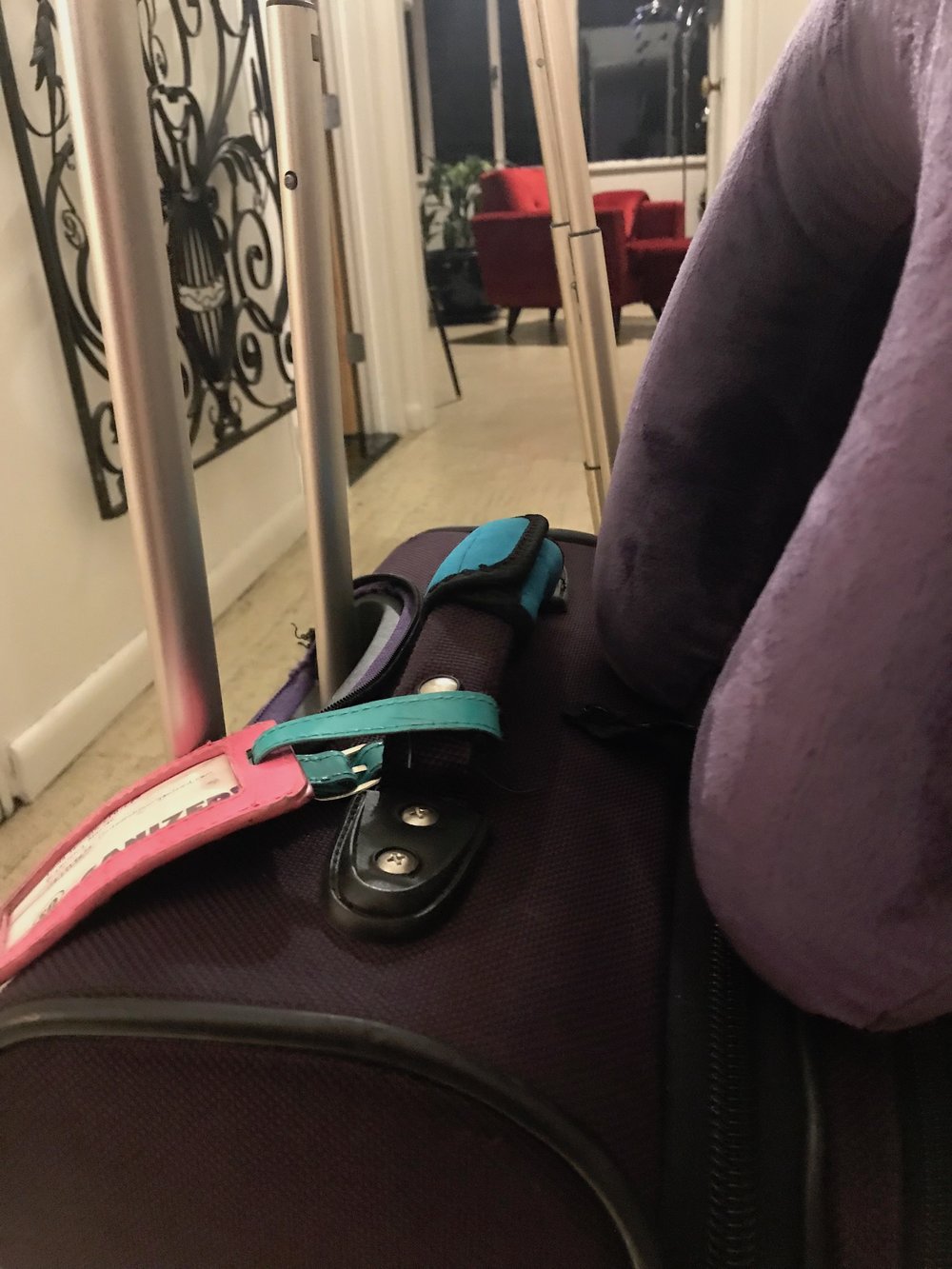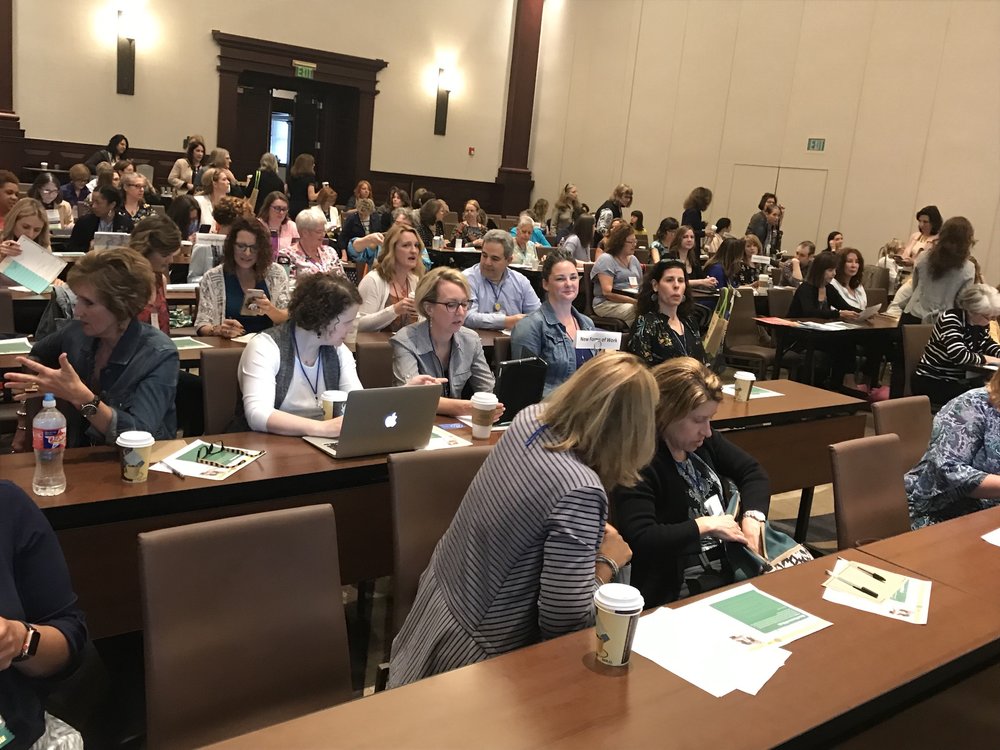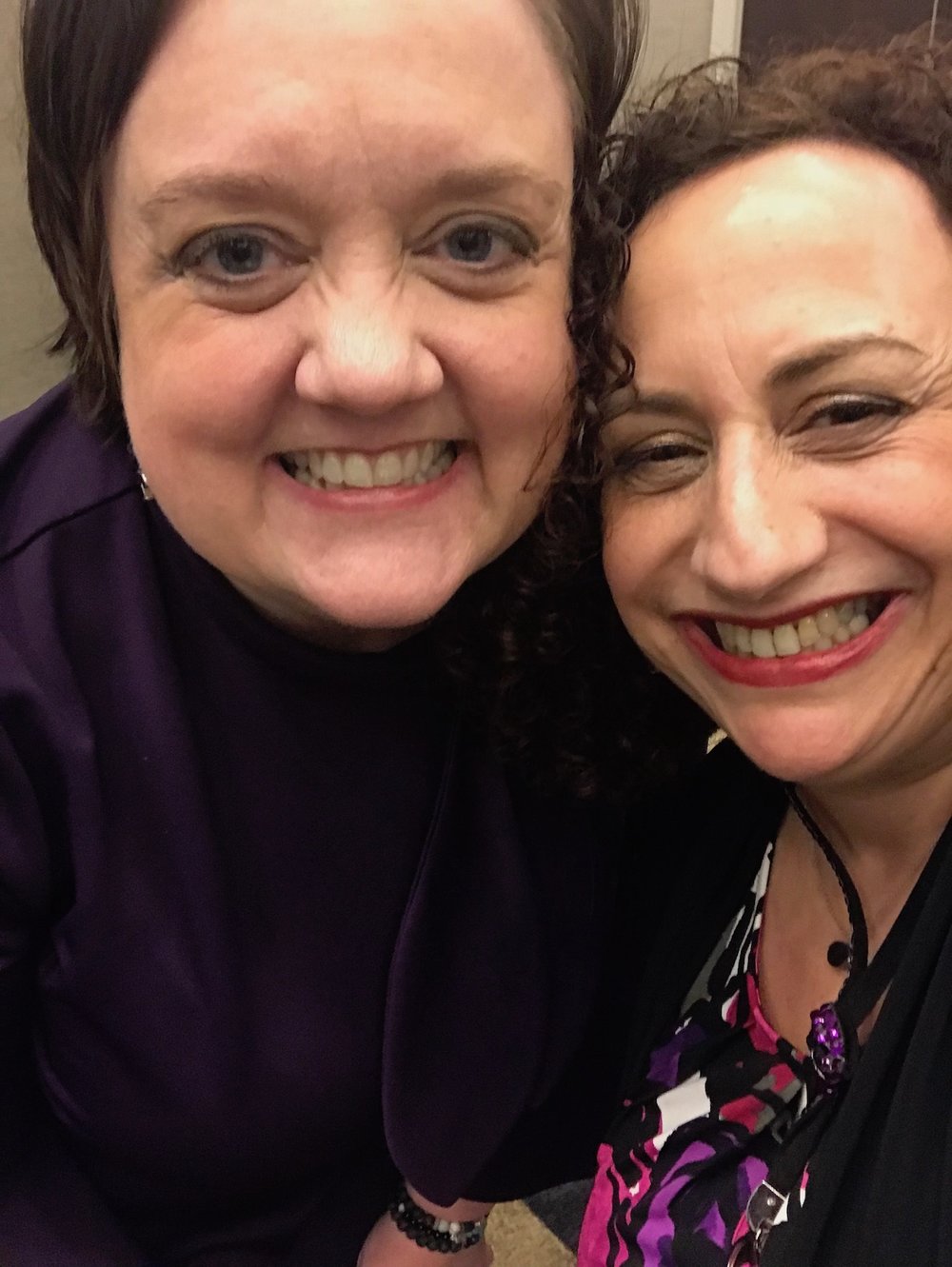Several of the virtual organizing clients I’ve recently worked with were experiencing overwhelm due to their physical clutter. They wanted less stuff and clearer spaces, yet felt stuck with getting started and letting go. With support, desire for change, and sound strategies, they began moving forward. It was exciting to see their positive transformations. How was it possible?
While each client and situation is unique, some strategies consistently help. Are you or someone you know is feeling clutter-stuck? If so, I encourage you to test these five strategies, which establish parameters for support, time, place, supplies, and decisions.
5 Strategies to Destroy the Clutter Barrier When You Are Overwhelmed
1. Support
Especially if you have tried to let go of clutter on your own and haven’t made progress, it might be time to enlist help. What type of support do you need? Reach out to a nonjudgmental friend, family member, or professional organizer (like me) to help provide accountability, insight, a listening ear, and cheerleading. Having someone support you as you make decisions is invaluable. Finding the right support could be the missing parameter that will help you get unstuck.
2. Time
Clutter can feel overwhelming when we think too big. Typically when you are stuck, go small for your decluttering sessions. For the time parameter, instead of thinking, “I’m going to work all day until I declutter my entire closet,” only work for a short period. Experiment with organizing for 60 or 90 minutes, and then stop. Return another time to do more. Shorter sessions will be more manageable, be less likely to cause burn out, and keep you receptive to organizing again. Besides, a mini time block is easier to integrate into your schedule.
“For the time parameter, instead of thinking, ‘I’m going to work all day until I declutter my entire closet,’ only work for a short period.”
3. Place
The parameter for going small also applies to the selection of your decluttering project. Let’s say you want to remove the clutter from your bathroom. You set your time parameter for one hour. Reduce the project scope to lessen your overwhelm. Instead of decluttering the entire bathroom in one session, think small. Work on decluttering one cabinet, one shelf, or one box. Keep the goal tiny. Set mini-goals in short time intervals. Repeat until you’ve completed the entire space.
4. Supplies
To help with your decluttering project, prepare the supply parameters. What will you need before you begin? Gather the basics such as trash, donate, and recycling bins or bags, masking tape, markers, and/or a label maker. A small pad and pen or your smartphone are useful to jot down ideas, replenish items, or note discoveries. If you are working virtually and using a video platform, it’s beneficial to have an adjustable stand to hold your mobile phone or tablet, so you can work hands-free, and your support person can see what you are working on.
5. Decisions
The final parameter relates to decision-making. Before you begin decluttering, establish some global project boundaries that will help expedite your choices. You want to set up parameters so that you don’t have to question every decision. Let’s say you’re decluttering your clothes, and you have a lot of everything. Before you begin, you might decide that you will only keep five pairs of black pants, two pairs of jeans, and no skirts (because you never wear them.) Or, you might decide that any stained shirts or torn clothes will go. All decisions will be based on the boundaries you establish at the onset. You can always alter or add to the parameters as you work. Decluttering involves many choices, and it can cause decision-fatigue. By building in a few letting-go rules upfront, you can minimize that stress.
When you are overwhelmed by clutter and are stuck, what helps you move forward? Do any of these strategies resonate with you? I’d love to hear your thoughts. I invite you to join the conversation.















